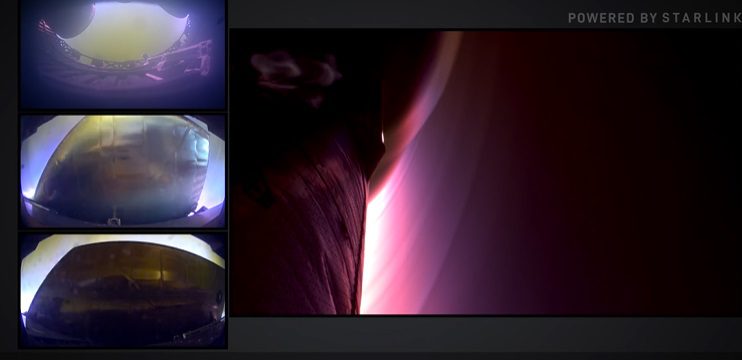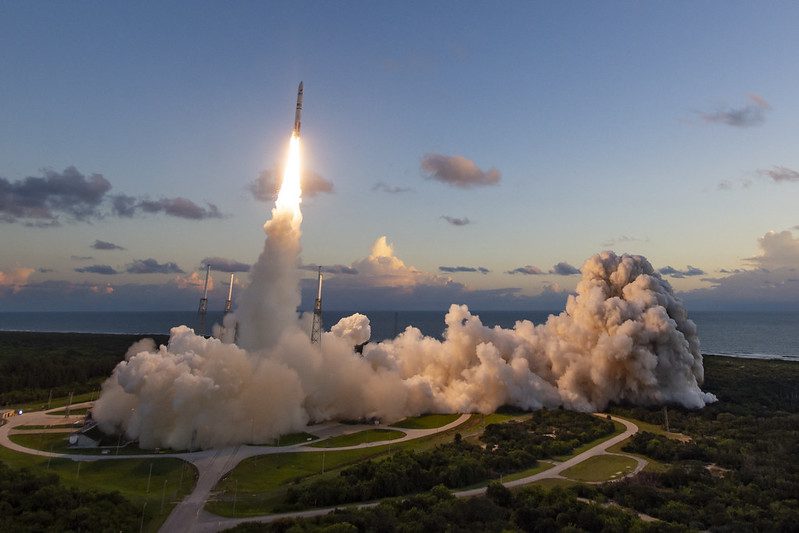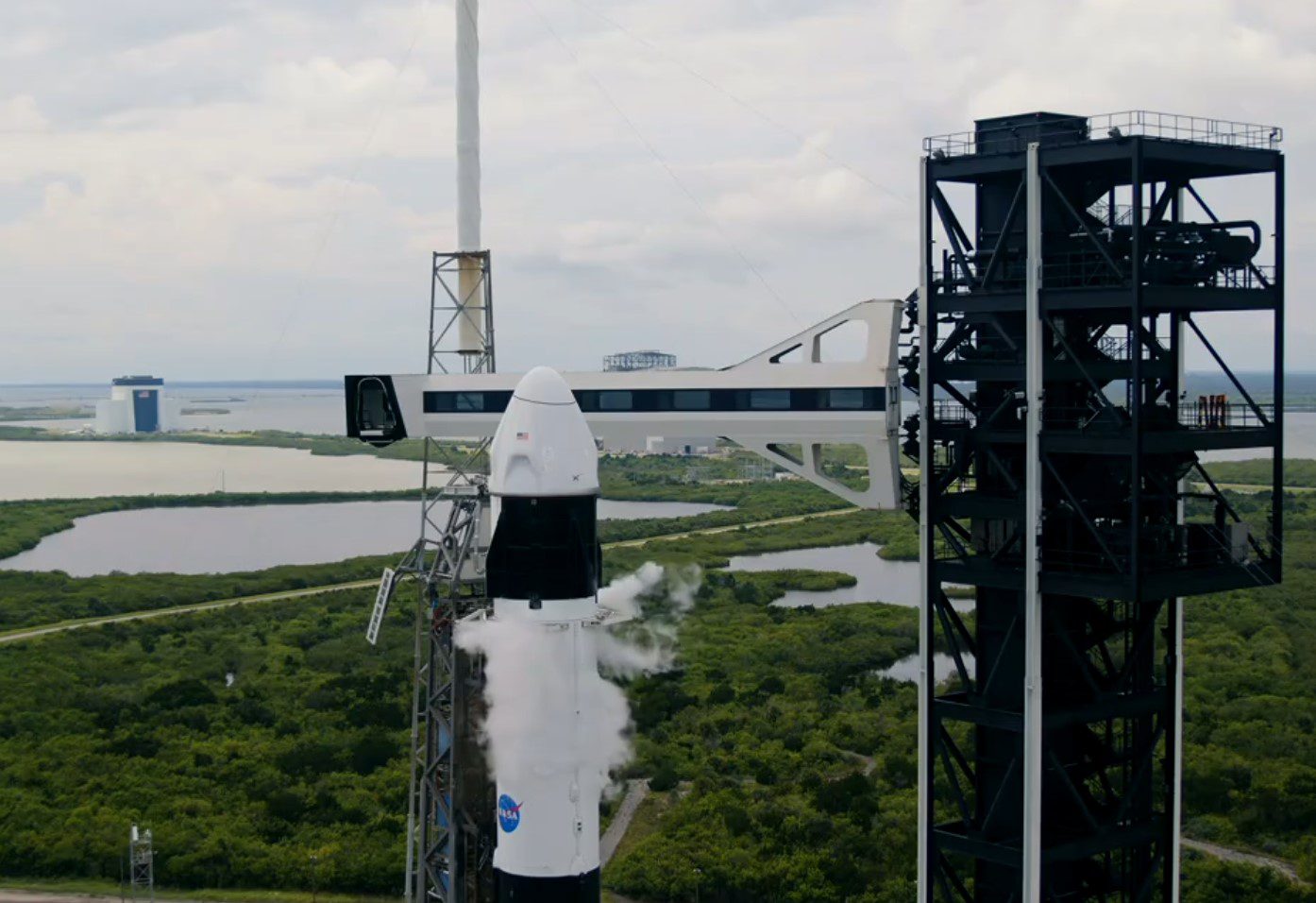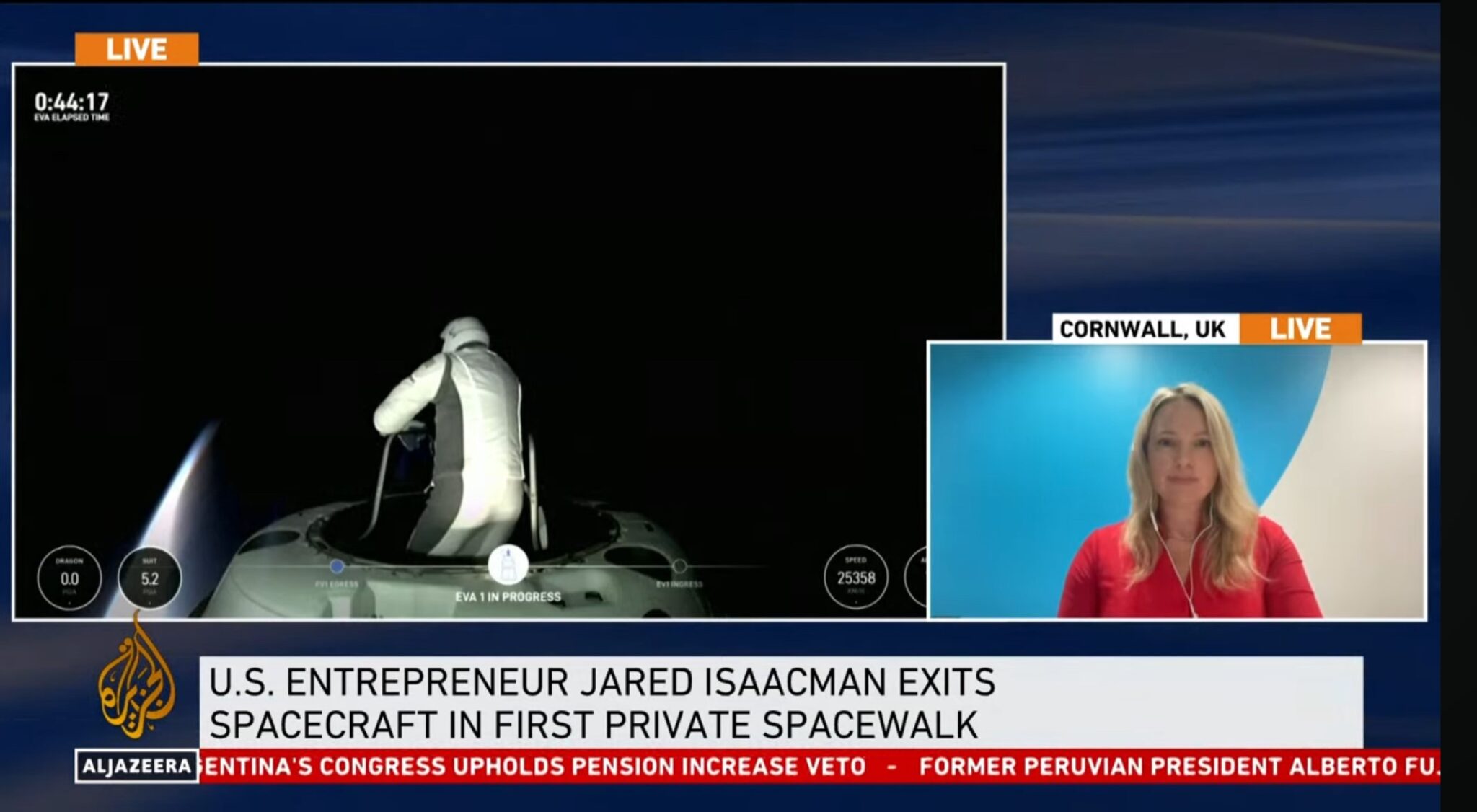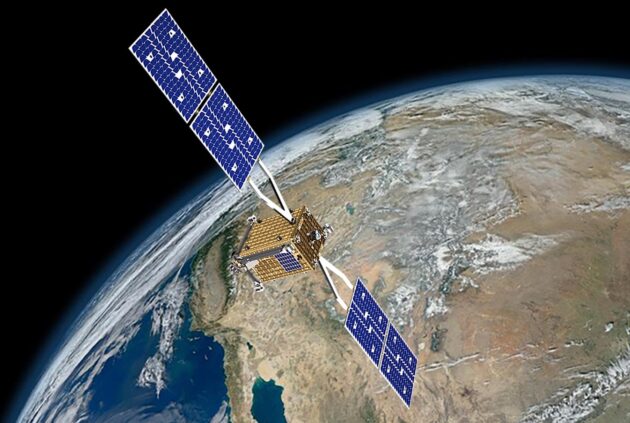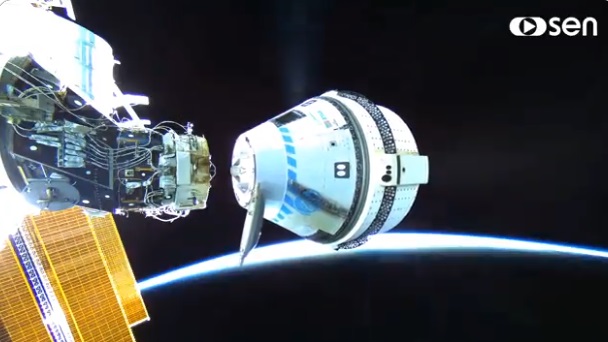Following its rejection of a US$2 billion bid by Aerojet Rocketdyne, United Launch Alliance has announced that its launch vehicles will use solid rocket boosters supplied by Orbital ATK instead of Aerojet Rocketdyne.
The announcement is especially significant as it covers not only the planned new Vulcan launch vehicle, but also, from 2018, ULA’s current Atlas V family, which uses Aerojet Rocketdyne AJ-60A boosters on all but its smallest versions.
The second digit in the three-digit name code on an Atlas V indicates how many solid rocket boosters it has. Thus an Atlas V 541 has four AJ-60A solid rocket boosters. (The first number in the code relates to the fairing diameter in metres, while the last is the number of Centaur upper-stage engines).
The news was yet another blow to Aerojet Rocketdyne, which is having to make a US$50 million repayment to Orbital ATK after an AJ-26 liquid fuel engine malfunction was cited as the cause of the October 2014 Antares 130 launch failure, which destroyed a Cygnus cargo craft heading for the International Space Station along with several cubesats.

